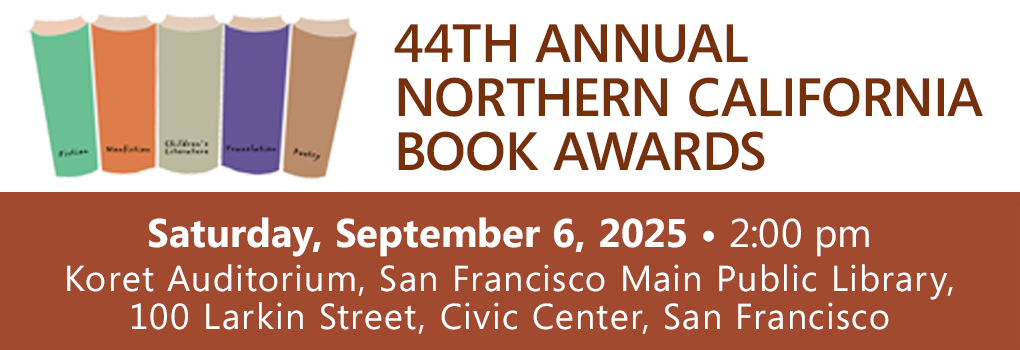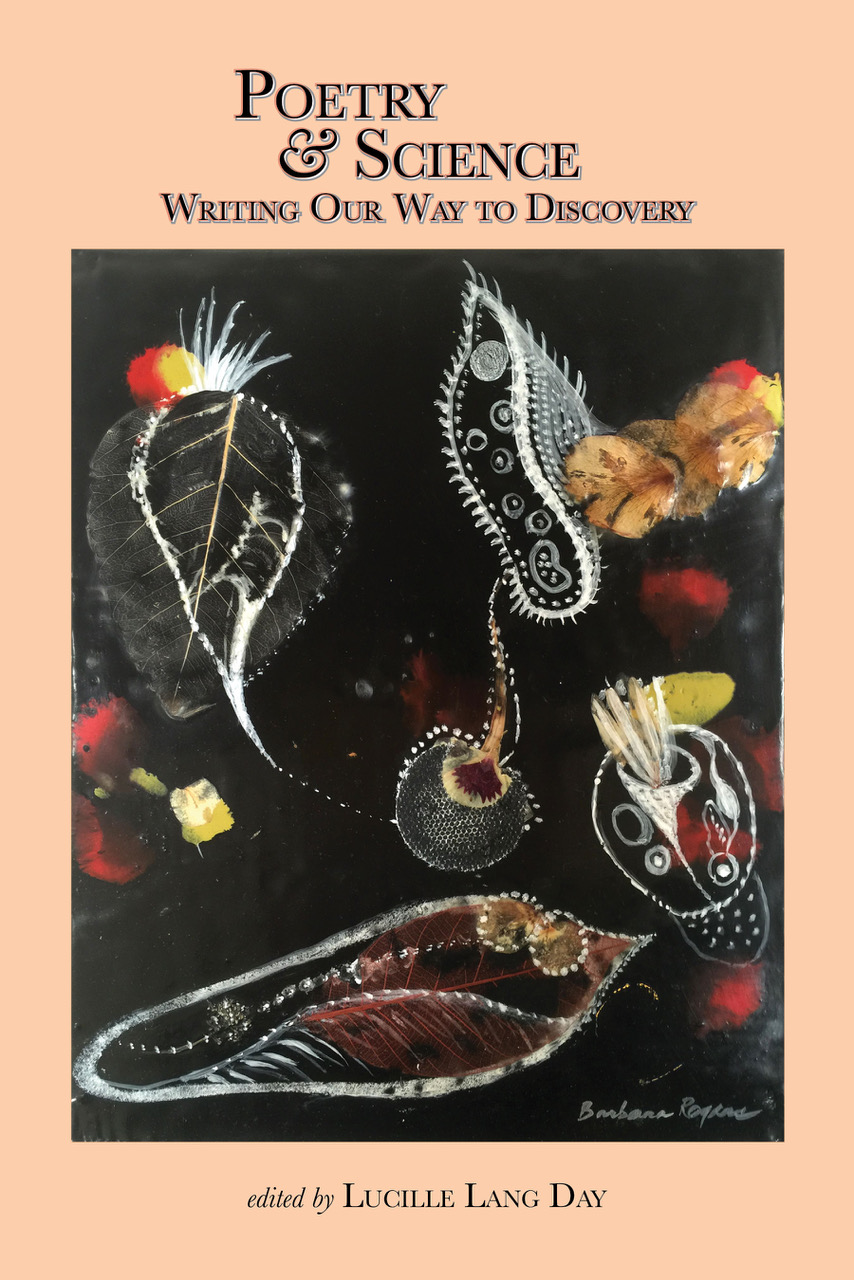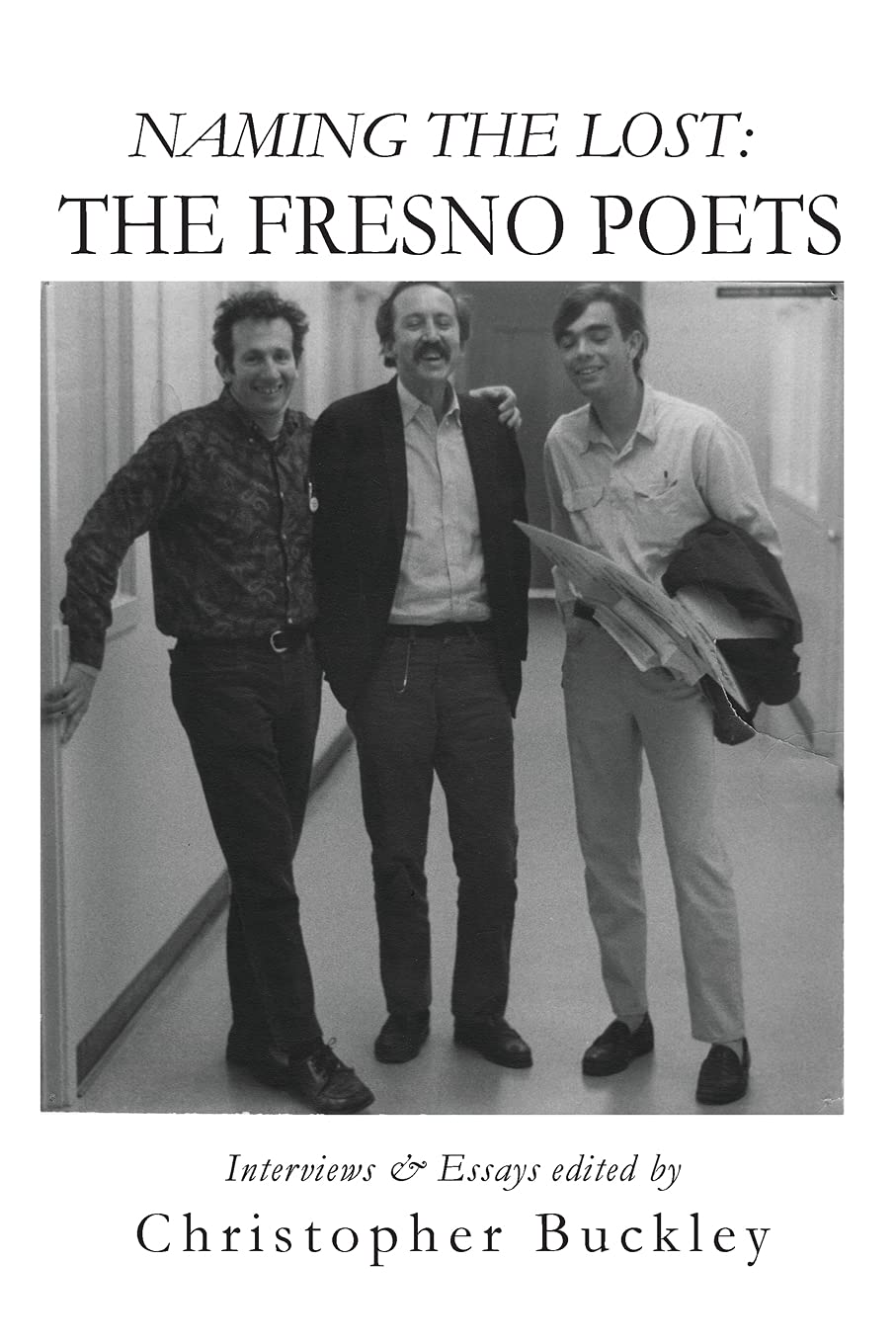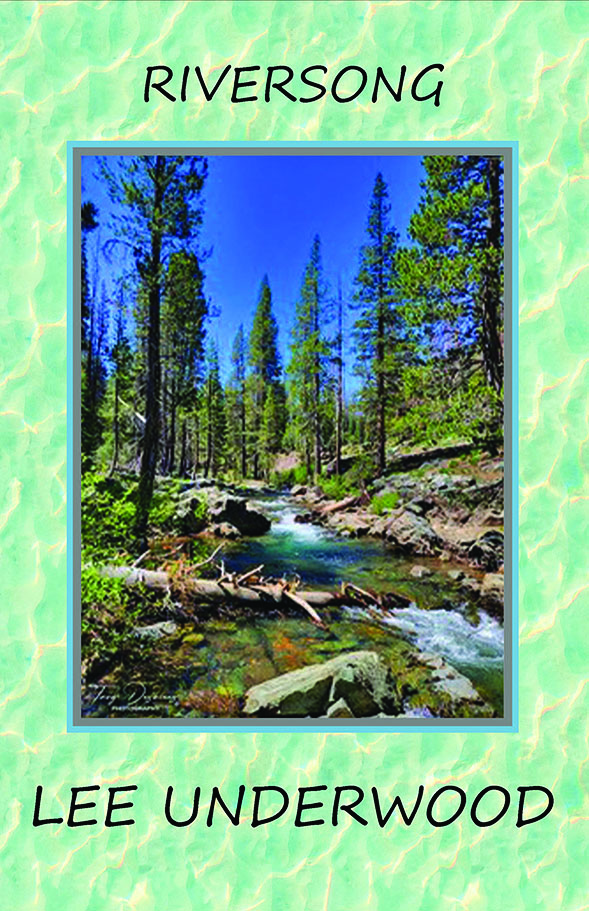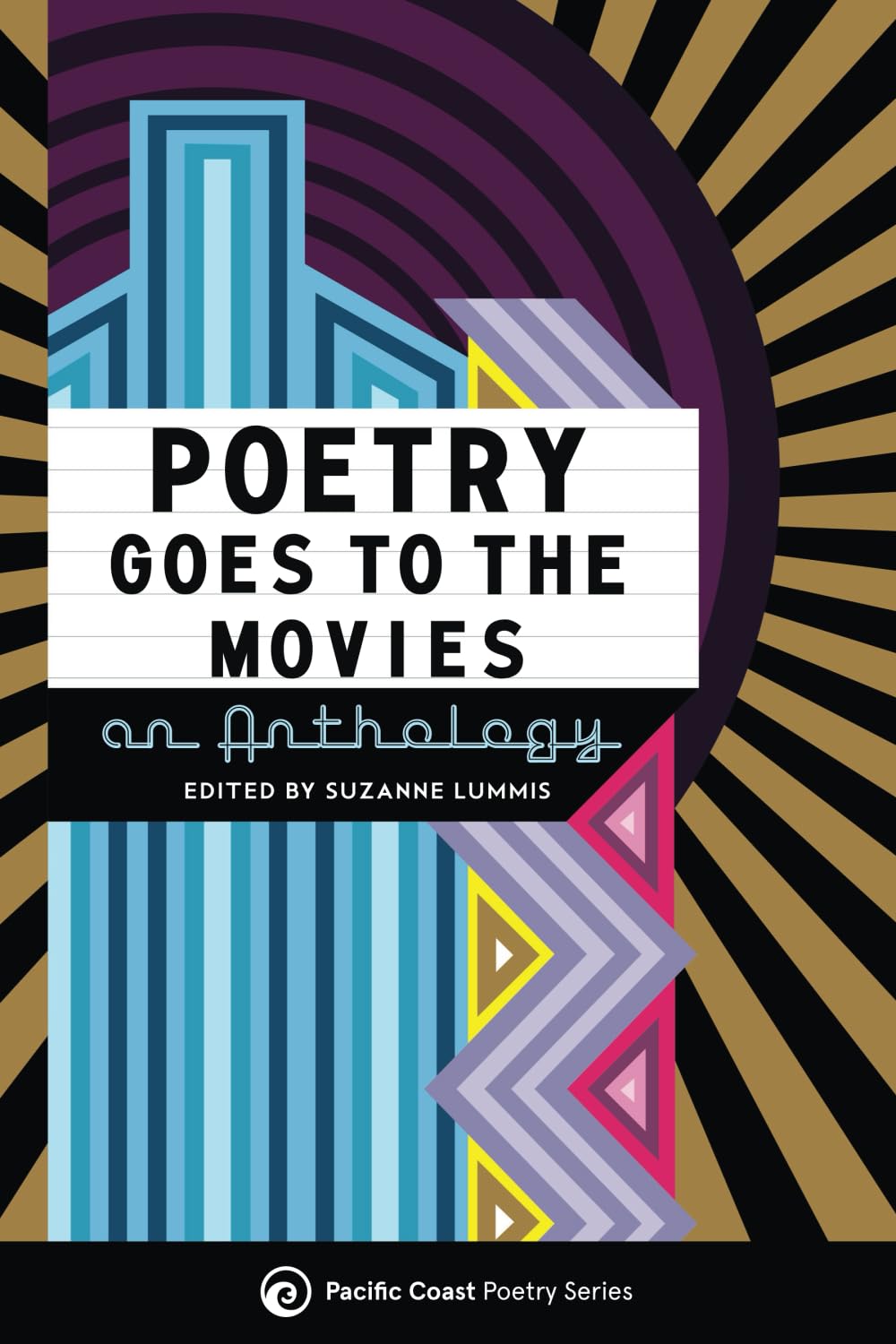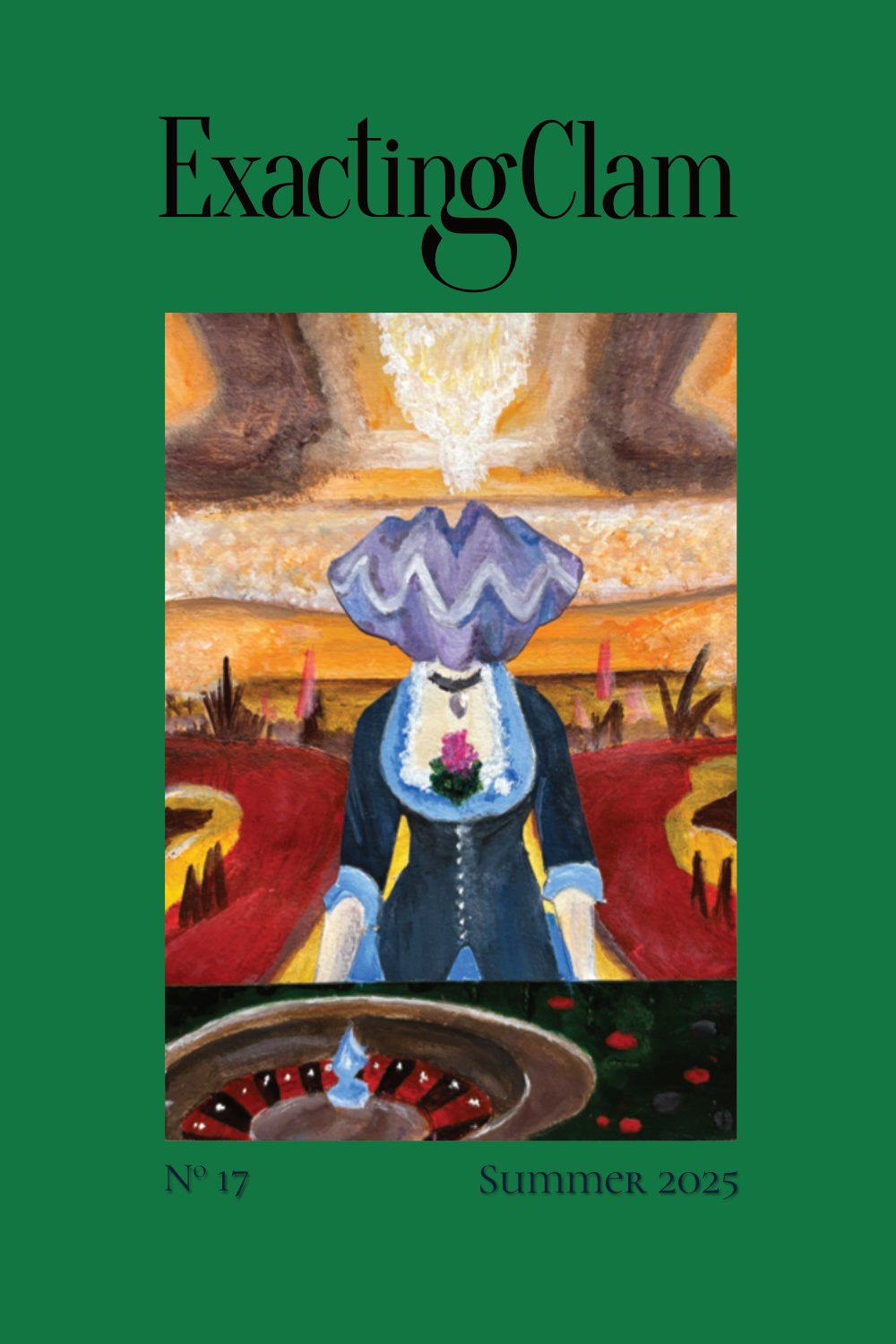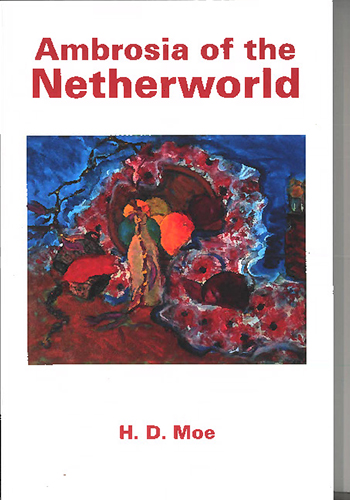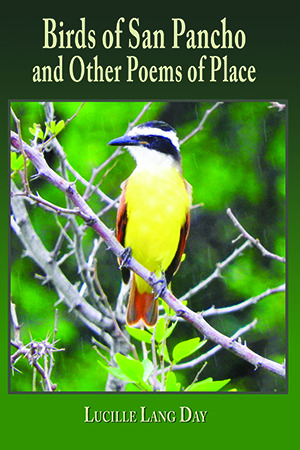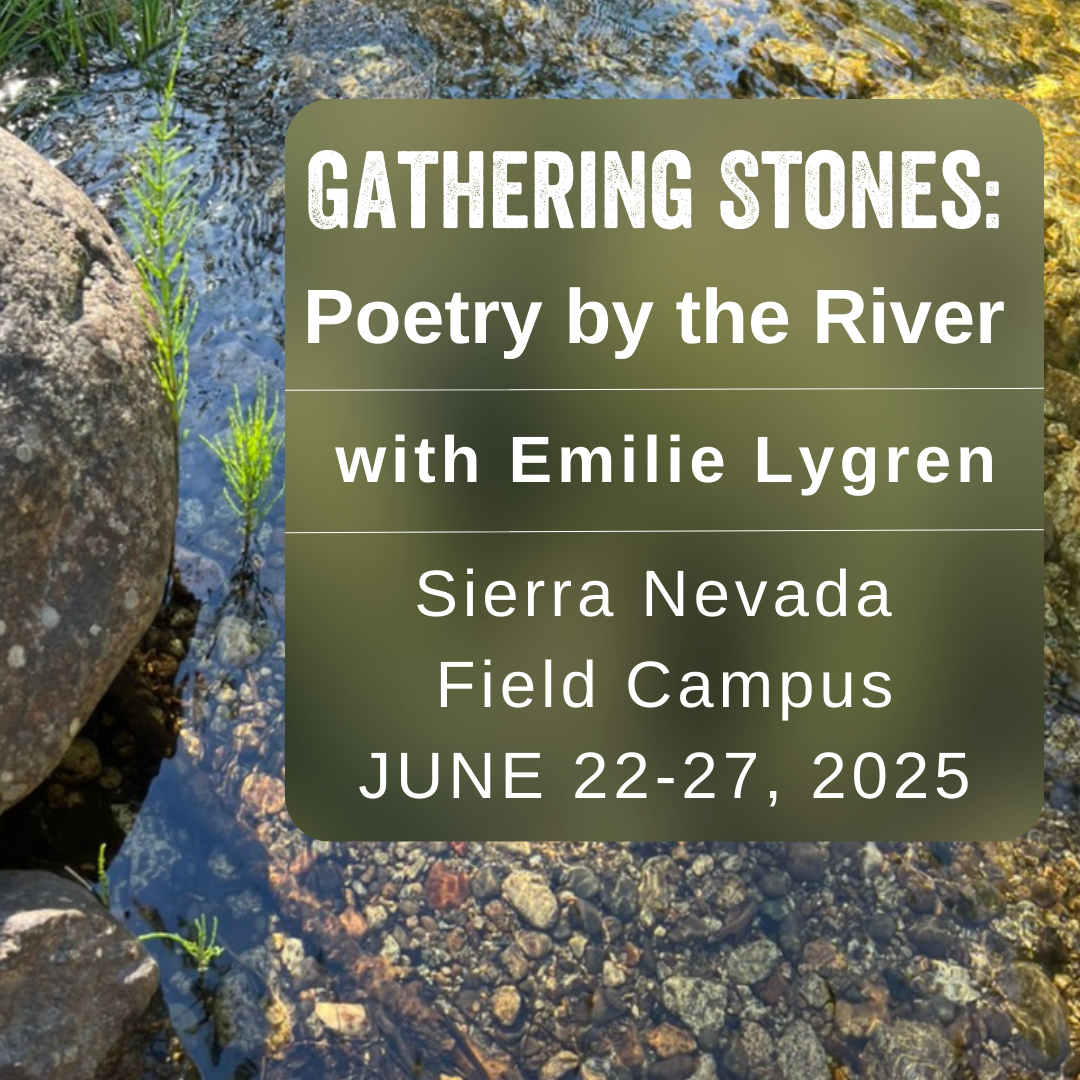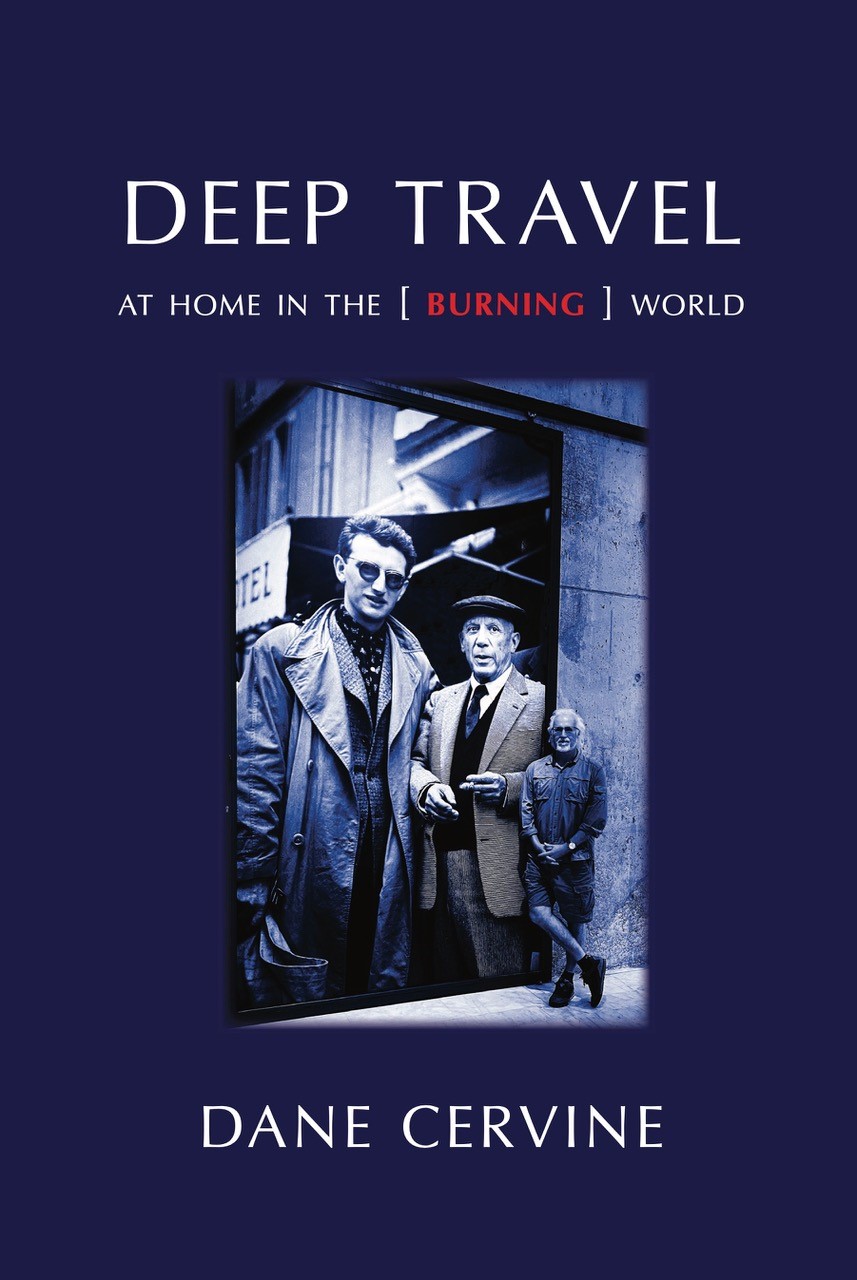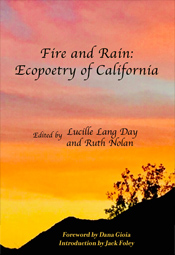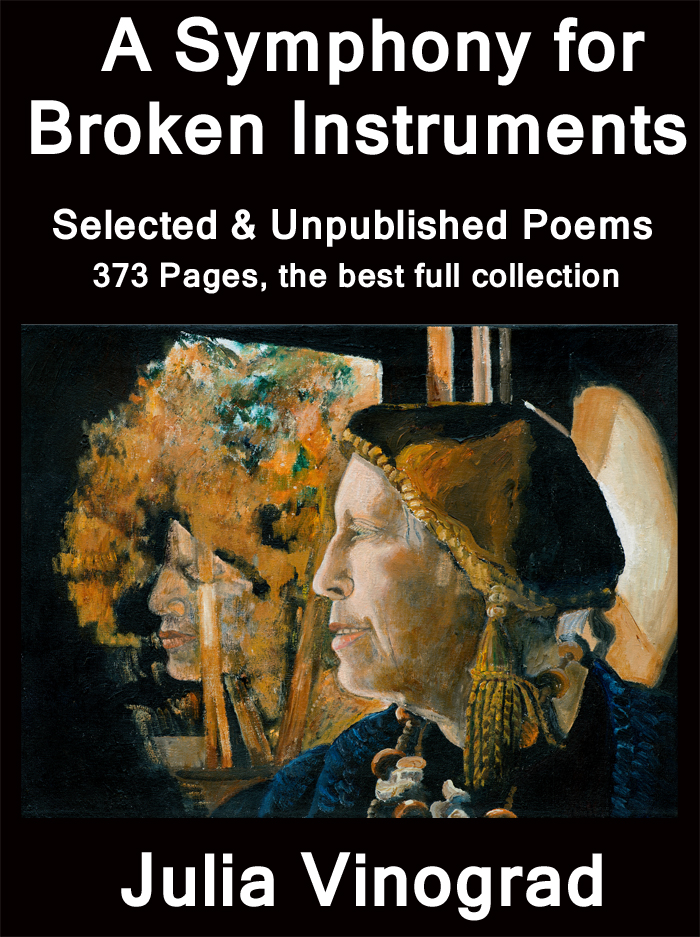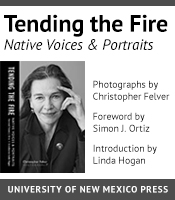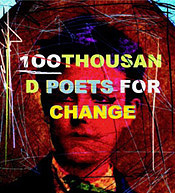
The Right to Breathe
by Megan McCrea
Howl, the film, stars James Franco, Jon Hamm, David Straithairn, and more, directed by Rob Epstein and Jeffrey Friedman, check local listings, or visit howlthemovie.com.
"Art is either plagiarism or revolution."
—Paul Gauguin
Anaïs Nin once famously exhorted would-be writers: "if you do not breathe through writing, if you do not cry out in writing, or sing in writing, then don't write, because our culture has no use for it." Nin has a fair point. But, if we accept it, who defines what is 'useful'? More broadly, who defines what art is anyway? And can art exist merely for its own sake, or does it need to serve some kind of higher purpose? Does art possess an obligation to the world, to the society that created it?
Rob Epstein and Jeffrey Friedman's intense docudrama, Howl, invests these eternal questions with an incredible urgency. Although the drama manifests itself most obviously during the film's courtroom scenes, Howl defies the facile classification of legal drama. Culled from interview transcripts, court records, and, of course, the text of the poem itself, Howl interweaves four narrative strands, oscillating backward, forward, sideways in space and time. On its most visceral level, the film grants the audience a front row seat at the Six Gallery for a reading that publicity fliers billed as a "charming event" —yet which was also a moment that would forever alter our American cultural and literary landscape: Allen Ginsberg (James Franco)'s first performance of his then-unpublished poem, Howl. The film does not stop there, however; it also chronicles the trials and tribulations of Ginsberg the man. We watch him, intimately, as he struggles to make sense of the quiet atrocities of the world around him, to find redemption and love, and, ultimately, to emerge from crippling insecurity into sublime self-acceptance and expression. In luminescent, overexposed color, Ginsberg the poet talks candidly with an interviewer about everything: his pains and his process, love and Moloch, prophecy and holy assholes. Finally, the filmtakes us to the unlikely epicenter of the culture war: a walnut-paneled California courtroom. There, Ginsberg's publisher, Lawrence Ferlinghetti, stands trial for obscenity, as prosecutor Ralph McIntosh (David Straithairn) works to prove the poem to be immoral, prurient literature, while defense attorney Jake Ehrlich (Jon Hamm) fights for Howl's right to survive.
And yet, for all of its beautiful intricacy, the film opens with an incredibly simple shot: black and white, nervous, and lit from above—such that he himself appears as one of the "human seraphim"—Ginsberg stands alone onstage at the Six Gallery, pausing to collect himself before he hesitantly launches into his growl, his plaintive moan, his near-biblical lamentation, the poem that would shock the comfortable, conservative postwar society of advertising, of consumption, of innocent flannel suits. Inexorably, we cannot help but be drawn in and—just as we begin to resonate with the vibrating rhythms of his intoxicating words—we disappear directly into the poem, as Eric Drooker's animation of the poem begins. His nightmarish images plunge us deep into the heart of the mysterious, beautiful innards of the dystopian poem itself.
And he has us at "Paradise Alley." We're hypnotized, powerless under the spell of the poem, the poet, the story. Within the dream, is there an escape from Ginsberg's Hell? Outside of the poem, can Ginsberg make peace with himself, his feelings, express all that he has to say? And, finally, in the raging legal battle, who will triumph? Will Howl stand up to courtroom scrutiny as "literature of merit"? These threads unwind simultaneously, as we run breathlessly alongside to keep up, along with Ginsberg's raucous, devoted Gallery Six listeners.
Through it all, Epstein, Friedman, Franco, and the rest of the cast succeed so marvelously at their jobs that, to borrow an idiom, the "strings" disappear. We no longer see directors directing and actors acting; we simply lose ourselves in the world of Ginsberg and Howl. True to the publicity poster, James Franco is Allen Ginsberg, so perfectly does he capture Ginsberg's voice, his energy, his restlessness, his charm. The audience cannot help but root for him, on his quest to become comfortable within himself, and to sing his sorrow of the world around him. As the opposing attorneys, David Straithairn and Jon Hamm succeed handily as they play against each other. David Straithairn nails the condescending tone, the precision of thought, and the clear-cut morals of the frightened Establishment, as he hides his fear beneath a veil of arrogance. On the other hand, Jon Hamm eloquently defends the artist's right to free speech with an unmistakable passion. Finally, Friedman and Epstein effortlessly stitch the myriad parts of the film together into a living, breathing, seamless whole.
During the cross-examination scenes, as expert witness Literature professors debate whether or not Howl possesses literary merit, it's hard to know just what to feel: to laugh, to take offense, or to be compelled by this Question of the Ages? But, if we return to Anaïs Nin's directive, the question suddenly becomes strikingly simple. As the prosecutor points out, Howl borrowed its form from Walt Whitman's Leaves of Grass. Like Howl, that poem, too, was revolutionary, since it broke with accepted poetic form, wherein stanzas are delineated by rhyme scheme, or by harsh, structural considerations. Instead, Whitman chose to break his stanzas at the place where the reader should need to take a breath as he read. Thus, not only does Ginsberg sing (holy holy holy holy), not only does he cry out (in a long, mournful howl), he writes in order to breathe. He breathes, and so do we.
And that—and he and we and this film and the "supernatural extra brilliant intelligent kindness of the soul"—is holy. ![]()
Megan McCrea is an editorial assistant at Poetry Flash. She is also co-author of Federated States of Micronesia and Republic of Palau: Discover the Real Micronesia and Palau, a travel guide written by former Peace Corps volunteers just released by Other Places Publishing.




